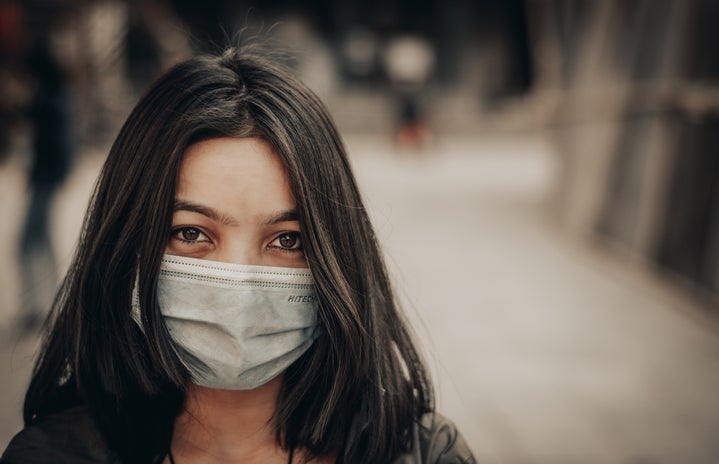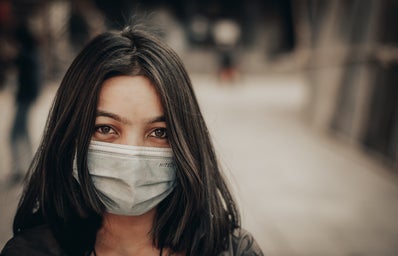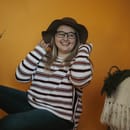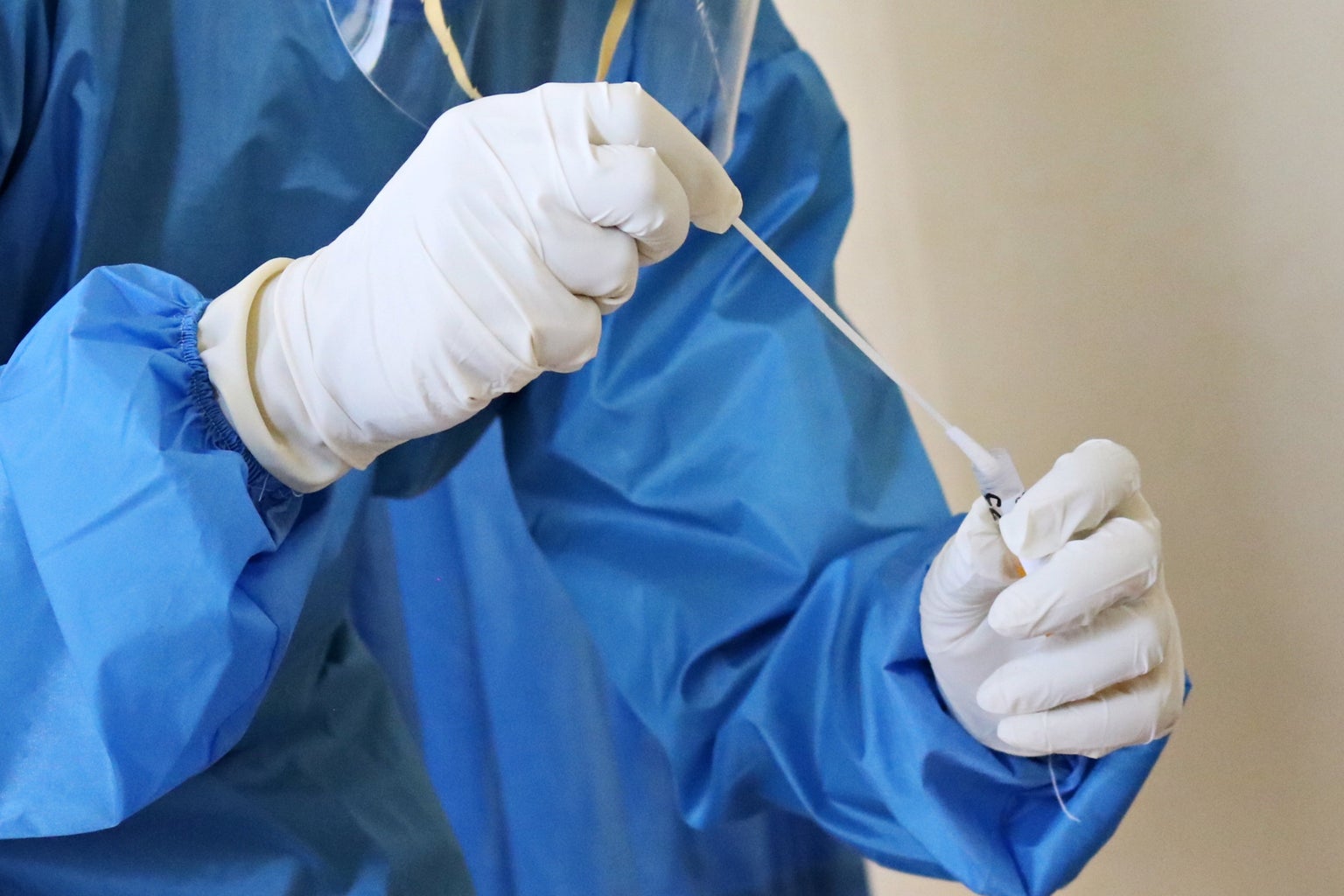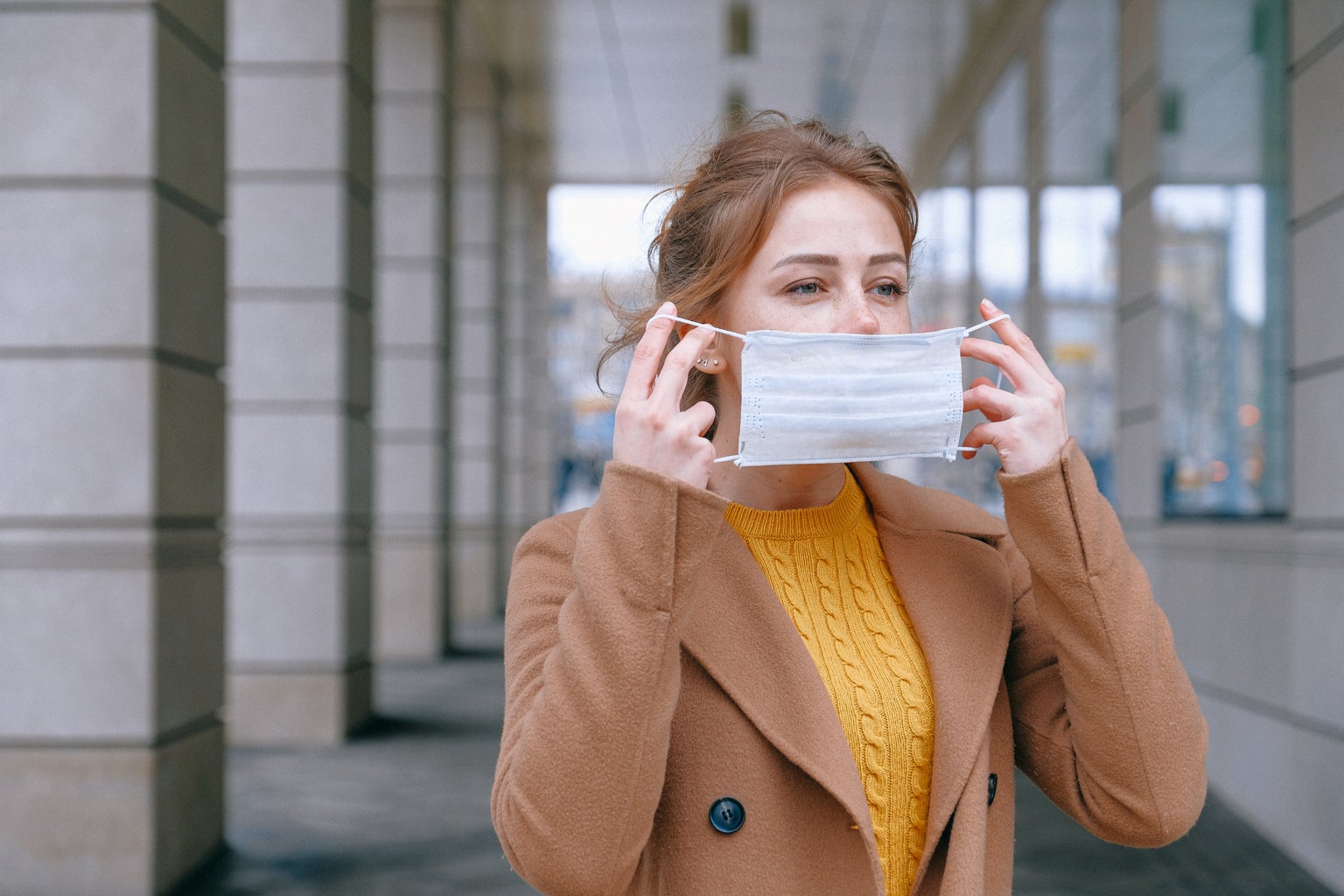A year and a half have gone by and the COVID-19 pandemic is still alive and roaring across the world. To those who haven’t got it, you might feel like your invincible to the whole thing until you’re not. I had an amazing summer that towards the end was taken over by COVID. I came home from an awesome week-long beach vacation and a couple days later, I tested positive for COVID-19 towards the end of August. It’s not just a virus that presents several symptoms, but it’s a virus that tests your mental state.
When I decided to go get tested, I was not having all the major symptoms like a cough or a fever. I had a cough, but it was not like what I heard others with COVID dealing with. I had body aches worse than the flu to the point it woke me up out of a dead sleep. When they say the symptoms are different for everyone they weren’t lying. When I finally found out I tested positive, I braced myself for the worse, I was scared for the respiratory problems more than anything. I feared having to go to the hospital and being put on a ventilator. Another fear was just sitting there, sleeping the days away when I could be enjoying the last few bits of my summer. But sleeping was something I did a lot of for ten days, to the point, I lost track of what day it was. When I was awake, it was for small spurts of time and when I thought I had enough energy to get up and do something, it was only a matter of a few minutes before I became exhausted again. I was fortunate enough through all this to not lose my sense of smell and taste. But what they don’t talk about is how it affects your mental state.
Being told your not to leave your room and stay clear of anyone in your household sounds easy enough but when you’re told to do so for ten days or even more if your symptoms continue it feels like your home is a jail cell. You’re so confined with no social interaction with anyone else. It’s hard, frustrating, and depressing. With all those emotions it makes your mind race, so you try to sleep it off but when your “small nap” turns into sleeping the entire day away it makes you even more frustrated for wasting days and days on end because you’re so tired. It feels like a constant game with your mind.
When it came to post-COVID, it was and still can be taxing on your body. The after-effects can be just as bad as when you’re in quarantine with COVID. I am constantly feeling tired and losing my train of thought sometimes in conversation. It’s frustrating especially trying to get back on a schedule or just go about a normal life of being busy. Now, I have to take breaks even doing the simplest of tasks and I constantly worry about forgetting things, even more so with college starting up. The stress of studying and being forgetful is something that weighs on me. I try to tell myself that everyone who has went through or is currently going through COVID is dealing with it in different ways from the severity to the mental aspects.
I can honestly say COVID-19 is not a joke, take the precautions, be safe, but also do not live in fear. We will probably always be dealing with COVID in the years to come, but we must be hopeful that life will soon go back to normal. Mask-free, human interaction, larger gatherings, no restrictions, things we never realized we took for granted until they were simply just taken away.
